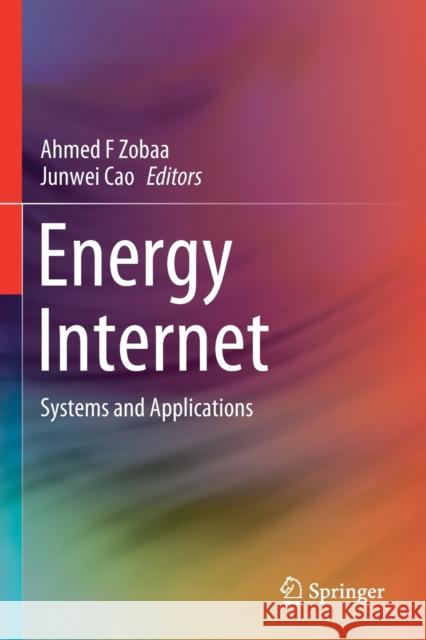Energy Internet: Systems and Applications » książka
topmenu
Energy Internet: Systems and Applications
ISBN-13: 9783030454555 / Angielski / Miękka / 2021 / 441 str.
Energy Internet: Systems and Applications
ISBN-13: 9783030454555 / Angielski / Miękka / 2021 / 441 str.
cena 322,01
(netto: 306,68 VAT: 5%)
Najniższa cena z 30 dni: 308,41
(netto: 306,68 VAT: 5%)
Najniższa cena z 30 dni: 308,41
Termin realizacji zamówienia:
ok. 16-18 dni roboczych.
ok. 16-18 dni roboczych.
Darmowa dostawa!
Kategorie:
Kategorie BISAC:
Wydawca:
Springer
Język:
Angielski
ISBN-13:
9783030454555
Rok wydania:
2021
Wydanie:
2020
Ilość stron:
441
Waga:
0.62 kg
Wymiary:
23.39 x 15.6 x 2.31
Oprawa:
Miękka
Wolumenów:
01
Dodatkowe informacje:
Wydanie ilustrowane











